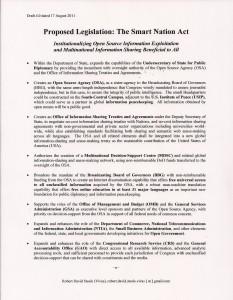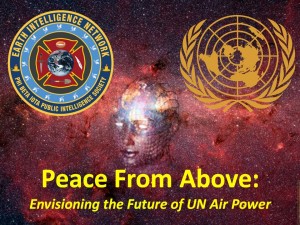
Well, this is harsh w/r/t Westy…
Wall Street Journal
October 8, 2011
Pg. C5
Bookshelf
By Max Boot
Westmoreland: The General Who Lost Vietnam. By Lewis Sorley, Houghton Mifflin Harcourt, 416 pp., $30
September 2006. Violence levels are spiking in Iraq. Every day brings reports of more suicide bombings, more IEDs, more death and destruction. So bad has it gotten that the Washington Post reveals that a senior Marine intelligence officer has concluded “that the prospects for securing that country's western Anbar province are dim and that there is almost nothing the U.S. military can do to improve the political and social situation there.”
This was the situation when I was among a dozen conservative pundits escorted into the Oval Office for a chat with President George W. Bush. I asked him why he didn't change a strategy that was clearly failing. He replied that he had no intention of micromanaging the war like Lyndon Johnson, who was said to have personally picked bombing targets in Vietnam. This commander in chief vowed to respect the judgment of his chain of command.
Phi Beta Iota: Full text with added links below the line. This review and the book are largely crap. Viet-Nam was lost for two reasons: because all historical and indigenous influences were for the residents and against the occupiers; and because the US Government was corrupt and was in direct support of a Catholic mandarin and his sister who took corruption, torture, and exploitation of a Buddhist et all land to new heights. The review misses two of the most important books on the matter, one, Triumph Foresaken that supports the “we could have won” argument, the other, Who the Hell Are We Fighting? that makes it clear that the corruption of intelligence and the corruption of military and political planning were at the heart of America's failure in Viet-Nam. Westmoreland was not a bad man, but he represented–as most Army leaders do today–the orthodox, the West Point Protective Association, the Army above Republic, the “go along to get along,” and of course the toxic brew of “leadership” that is arrogant, inattentive, poorly educated, and not at all concerned about the welfare or their troops. In the US Army today, “education” is for show or ticket punching, not to actually learn anything useful to the future.
Full Text and Links below the Line.
Continue reading “Marcus Aurelius: WSJ on Viet-Nam War – Lack of Integrity”







